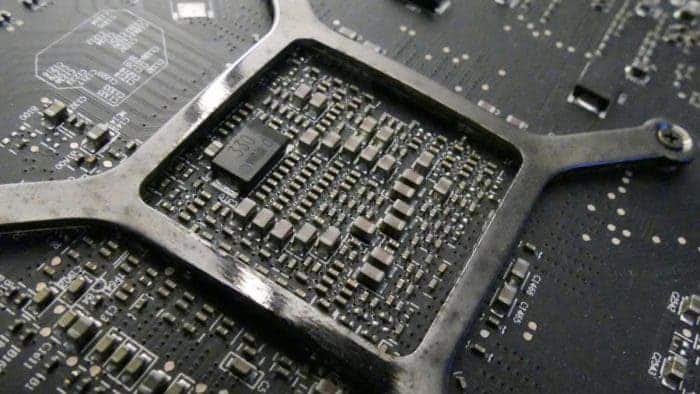At the end of last year, many car companies around the world have cut production or even stopped production due to chip shortages. However, the chip shortage issue does not simply stop at automobile companies. Due to the increasing problem of chip shortages, there is lower production in the PC, smartphone, and game console industries.

In addition, due to global chip shortages, the production capacity of OLED screens has also been affected to varying degrees. As a leader in the screen supply chain, Samsung Display OLED panels have recently been snapped up by many smartphone manufacturers.
A few days ago, there were reports from supply chain sources that mobile phone manufacturers, including Xiaomi, Apple, OPPO, and Vivo, plan to sign a large number of OLED procurement contracts with Samsung Display in 2022. Among them, Xiaomi will purchase a large number of flexible OLED screens from Samsung Display.
Manufacturers will now make products based on the available resources
Supply chain sources point out that under normal circumstances, mobile phone manufacturers will first develop new models. After the development of the model, they will then purchase OLED panels based on models. However, due to the shortage of driver chips, mobile phone manufacturers will first seize high-quality resources. It will then have no other choice but to develop new smartphones with respect to the resources.
In addition, previous reports claim that the shortage of wafer foundry affects Qualcomm’s production capacity. These are the impacts of the shutdown of Samsung’s Texas plant and the impact of key IC shipments. As of now, the supply of 5G smartphone chips from Qualcomm is not moving normally,. Many smartphone manufacturers like Xiaomi and Oppo are now turning to MediaTek chips.
According to reports, 80% of Xiaomi smartphones used to use Qualcomm chips. However, in the face of the recent shortages, this value is now 55%. The company is now moving a large number of its orders to Taiwanese chipmaker, MediaTek.
TSMC CEO, Wei Zhejia. recently stated that the shortage of some “critical semiconductors” will continue at least until the end of this year. He even claims that this shortage of chips may extend to 2022. At present, the company’s customers are experiencing capacity shortages across the entire industry. This is mainly caused by long-term demand growth and short-term supply chain imbalances.





